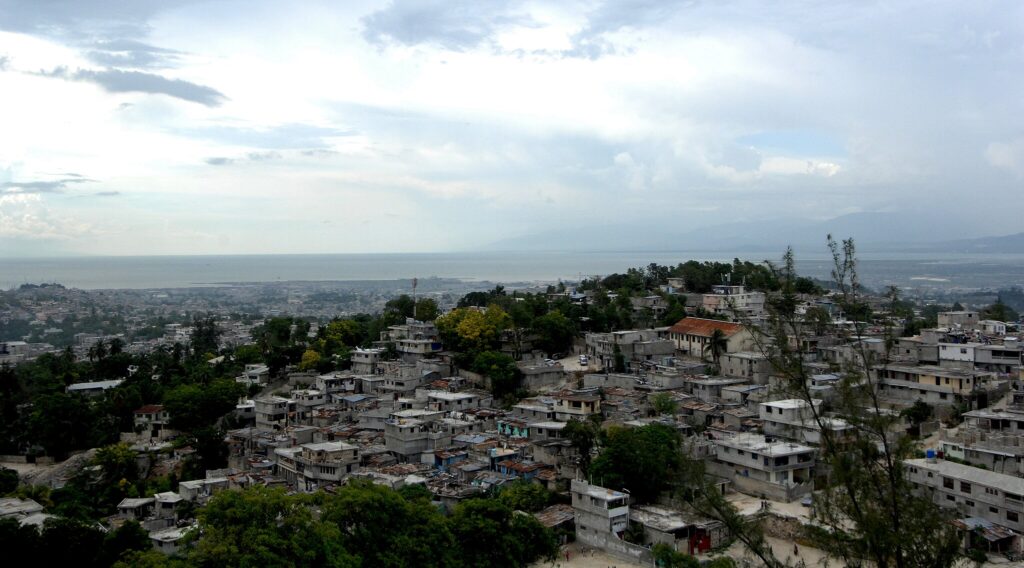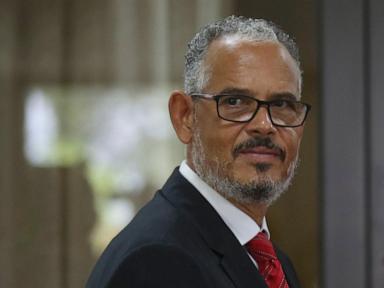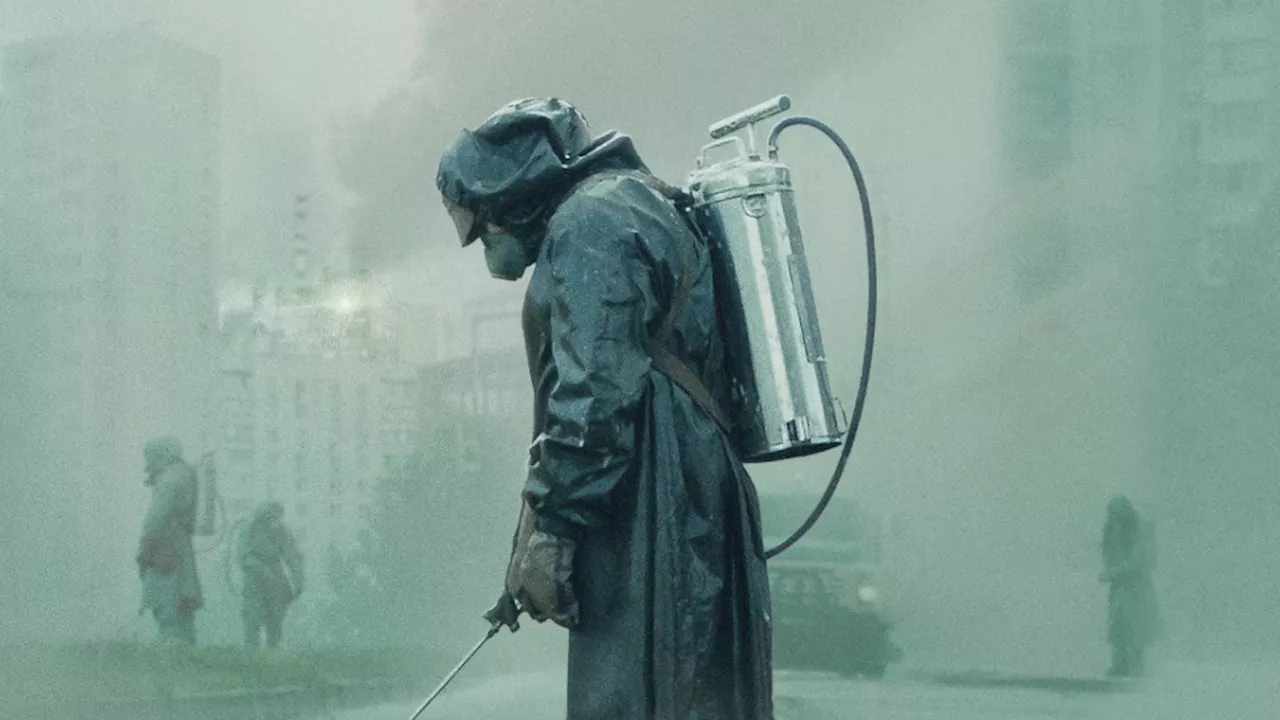
An aerial view of Port-au-Prince, Haiti, is shown Sept. 16, 2008, from the U.N. Stabilization Mission in Haiti (MINUSTAH) headquarters building. MINUSTAH is the U.N.-led multinational peacekeeping security force helping to establish, maintain and ensure order, safety and security during international relief efforts in Haiti following the landfall of several tropical storms and hurricanes. The Department of Defense is contributing to hurricane relief operations in Haiti being led by the U.S. Agency for International Development and its office of U.S. foreign disaster assistance. (U.S. Navy photo by Chief Mass Communication Specialist James G. Pinsky/Released)
Human Rights Watch (HRW) has raised alarms regarding a significant surge in cholera cases in Haiti, particularly in the West department. The organization emphasized the critical need for coordinated and sustained efforts to restore essential water and sanitation systems in the country.
From January 1 to October 30, 2023, Haitian health authorities reported a total of 2,852 suspected cholera cases, with 186 confirmed cases and 48 deaths. The outbreak is primarily affecting the capital, Port-au-Prince, where the health infrastructure is nearing collapse.
The situation is dire, with just 25% of Haitian households possessing adequate handwashing facilities and 70% lacking access to proper sanitation systems, according to reports from the United Nations. HRW highlighted the impact of extreme insecurity in the region, which has displaced over 225,000 people this year, forcing many into overcrowded settlements devoid of clean water.
Challenges in Response Efforts
The response to the outbreak has been significantly hindered by gang control over vital areas, which limits humanitarian access. Heavy rainfall, coupled with existing infrastructure issues, creates ideal conditions for the spread of cholera. Diana Manilla Arroyo, Senior Americas Researcher for HRW, stated, “Cholera is once again threatening thousands of lives in Haiti because people lack access to the most basic services: clean water, sanitation, and medical care.” She called for urgent government and international efforts to effectively address the outbreak and prevent further unnecessary deaths.
HRW has urged Haiti’s transitional government to take immediate action by repairing the national water and sewage network, ensuring safe humanitarian access to high-risk areas, and restoring the operational capacity of public health institutions, with international support.
The organization also called for an end to deportations to Haiti from countries such as the Dominican Republic and the United States, which have contributed to a humanitarian crisis. In 2023 alone, over 225,000 people have been deported to Haiti, according to the International Organization for Migration (IOM).
Haiti has a troubled history with cholera outbreaks, starting with a devastating epidemic that began in 2010, linked to contaminated sewage from a UN peacekeeping base. The epidemic resulted in nearly 9,800 deaths. The United Nations has since acknowledged its role in the outbreak and has sought to address the situation in various ways.
As Haiti grapples with this renewed cholera threat, the need for immediate and effective intervention has never been more urgent.







